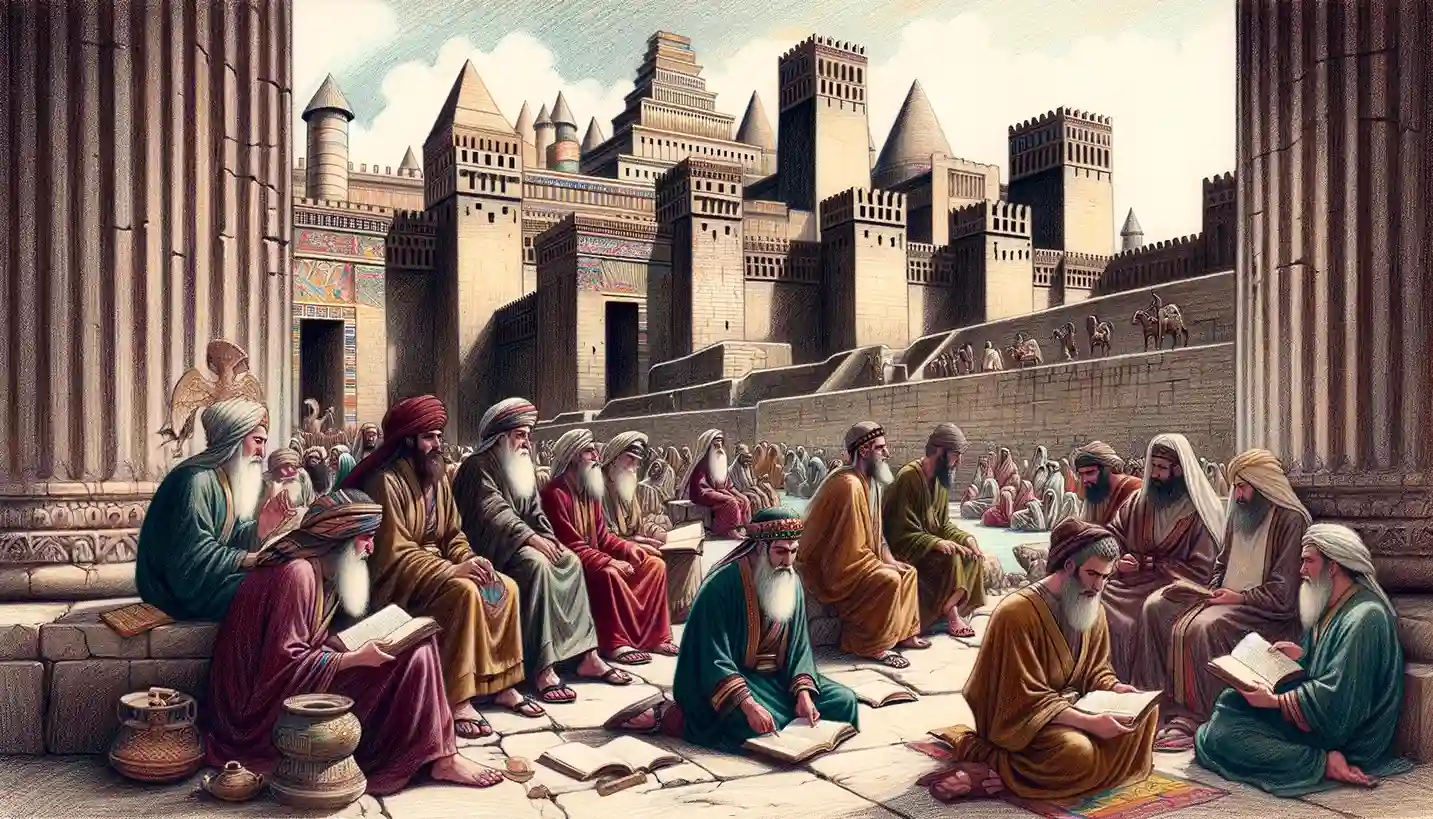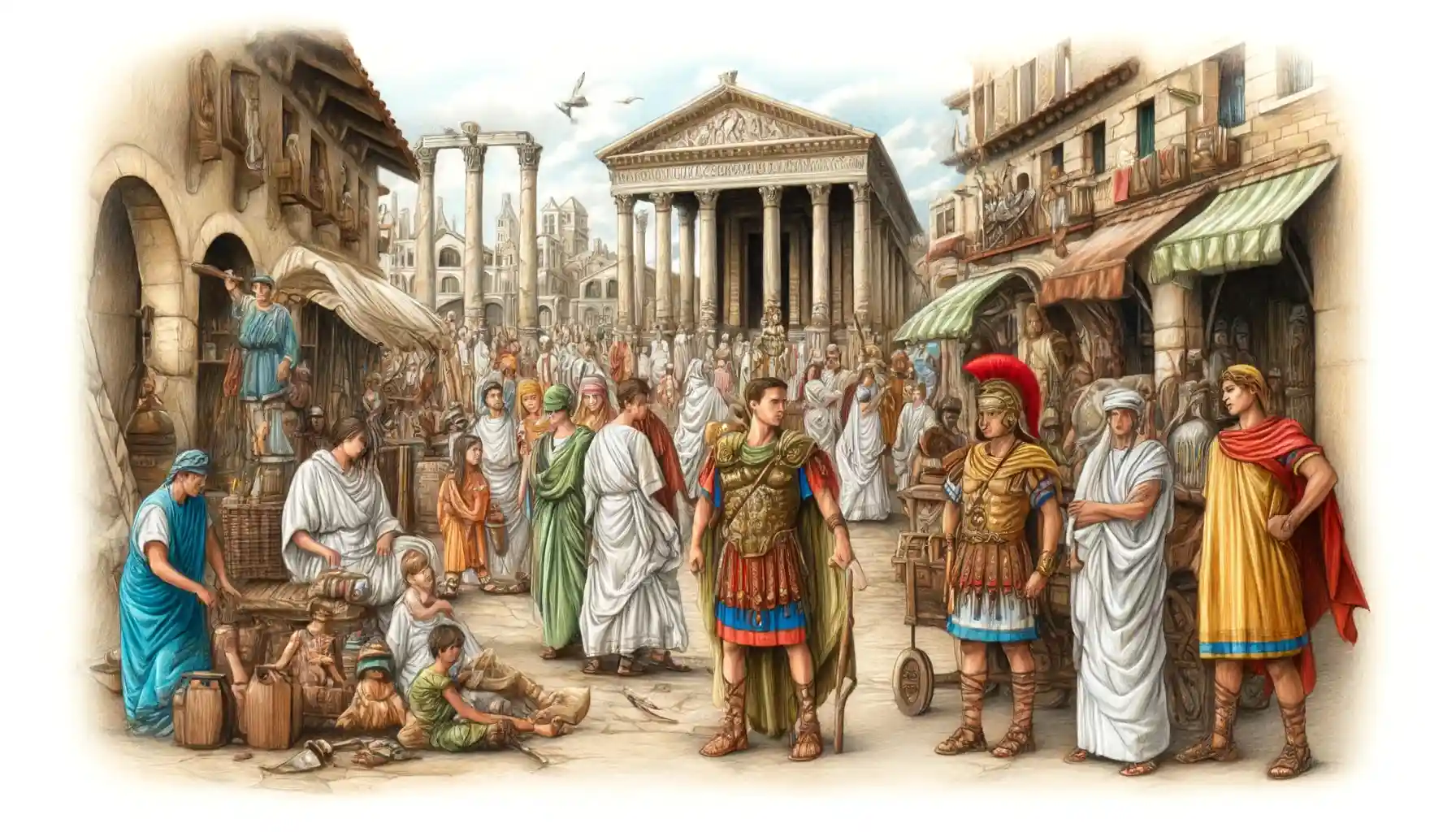Babylon, located in ancient Mesopotamia, is historically significant as the site of the Jewish exile. This event, known as the Babylonian Captivity, had a profound impact on Jewish history, culture, and religious practices, shaping the development of Judaism.
During Belshazzar’s feast, a disembodied hand wrote “Mene, Mene, Tekel, Upharsin” on the palace wall, signaling imminent divine judgment and the fall of Babylon, as interpreted by Daniel.
Daniel is celebrated for his faithfulness to God while in exile in Babylon, where he interpreted dreams, held high government positions, survived the lion’s den, and received significant prophetic visions.
The Romans, as the dominant political and military power during the New Testament period, significantly influenced the early Christian narrative through their governance, infrastructure, interactions with key figures such as the Apostles Paul and Peter, and the persecution of Christians, ultimately shaping the spread and development of Christianity.
Rome, the capital of the Roman Empire, holds significant importance in biblical history, particularly in the New Testament, where it is depicted as a key center for early Christian activity involving pivotal figures such as the Apostles Paul and Peter, and played a crucial role in the spread of Christianity through its infrastructure and influence.





